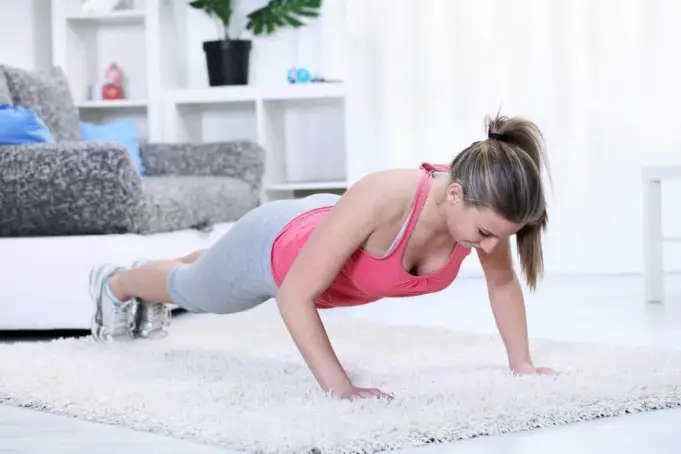Most people know that engaging in some form of exercise each week is a healthy choice to make. The full extent of the benefits will vary from person to person but if you have a better understanding of how exercise can improve your health and life, the decision to get moving will be a lot easier.
Improve energy levels:
Everyone wants more energy and to feel energised throughout the day. While some exercise might be exhausting for its duration, it’ll actually help your energy levels throughout the day. Research shows even a gentle jog or a walk can result in better productivity and energy than if you were to remain sedentary.
Sleep better:
Many people dream a good night’s sleep. Regular exercise has been shown to help us sleep better through many ways. Put simply, fatiguing our bodies during the day requires repair and rejuvenation, best done while we sleep. If sleep is an issue for you, try to incorporate daily exercise into your life, especially some high intensity interval or resistance training.
Boost mood and happiness:
Exercise releases endorphins which create our feelings of happiness and lift our mood. People that exercise have more pleasant feelings than those who don’t, and experience them more when they work out more. In some cases, exercise can be just as effective as antidepressant pills in treating depression. To boost your overall mood you only need to exercise a few times a week, a small ask to regularly feel happier.
Reduce the risk of disease:
The true extent of how many diseases exercise can help prevent is unknown, however, what we do know is its extremely benefit to our body. Regular exercise will, in general, bring down your risk of disease by keeping you and your immune system healthy. There is now a well-documented reduction in rates of Alzheimer’s and heart disease.Exercise can also help slow down cognitive decline, keeping you sharper well into old age as well as lower blood pressure, improve cholesterol profiles and massively reduce your chances of heart disease.
Increase strength and flexibility:
Maintaining a decent level of strength and flexibility is extremely important as well age. Resistance training, whether it’s lifting weights or bodyweight exercises, will help improve strength, maintain muscle mass, strengthen ligaments, and keep bones strong. Moving through exercise can also help keep your body flexible and mobile, making you less susceptible to injuries. Whatever form of exercise you choose, you will benefit in some way but if you can, try to do some resistance training and aerobic training.
Boost brain power and memory:
Not only does exercise slow down cognitive decline but it actually helps create new brain cells and improve overall brain performance. Exercising has been shown to increase production of cells in the hippocampus, the part of the brain responsible for memory and learning, as well as increase levels of a brain-derived protein believed to help with dissection making and higher thinking. There is no specific type of exercise you need to do for brain benefits, just get your heart rate for a few minutes every day.
Control weight:
It’s no surprise that exercise can help control your weight. As a means of increasing energy expenditure, exercising burns off energy from the food we eat, a useful addition if you’re trying to lose some weight or not gain any. Resistance training has been shown to have positive effects on body composition, helping to reduce fat and gain muscle while high-intensity interval training is a great way to lose weight. Whatever form of exercise you prefer, it’s going to help you manage your weight not only by burning off energy but by improving the general well-being of your body.
Live longer:
Exercise is a key aspect of keeping one’s body healthy. By improving energy, sleep, mood, risk of disease, strength, brainpower and weight exercise improves your health, and with great health comes longevity. In a review of the literature on exercise and life expectancy, physical activity was shown to increase life expectancy by up to 6.9 years while reducing causes of mortality by 30% to 35%.
No matter how much you do or how you do it, exercise is going to improve your life. If you really want to get the most out of your exercise look to engage in physical activity up to five times a week in varied forms and enjoy the lifelong benefits of regular exercise.
Author Bio:
Dr Ron has been a member of the American Academy of Anti-Ageing Medicine since 1999. With his vast experience in anti-ageing and alternative medicine, he is recognised as one of New Zealand’s leaders in this new field of medicine. He has extensive experience treating patients with a holistic approach, combining nutritional medicine with bio-identical hormone replacement to help turn back the clock. Dr Ron heads the Appearance Medicine and Wellness Clinic as well Biosphere Nutrition. https://www.biospherenutrition.co.nz












